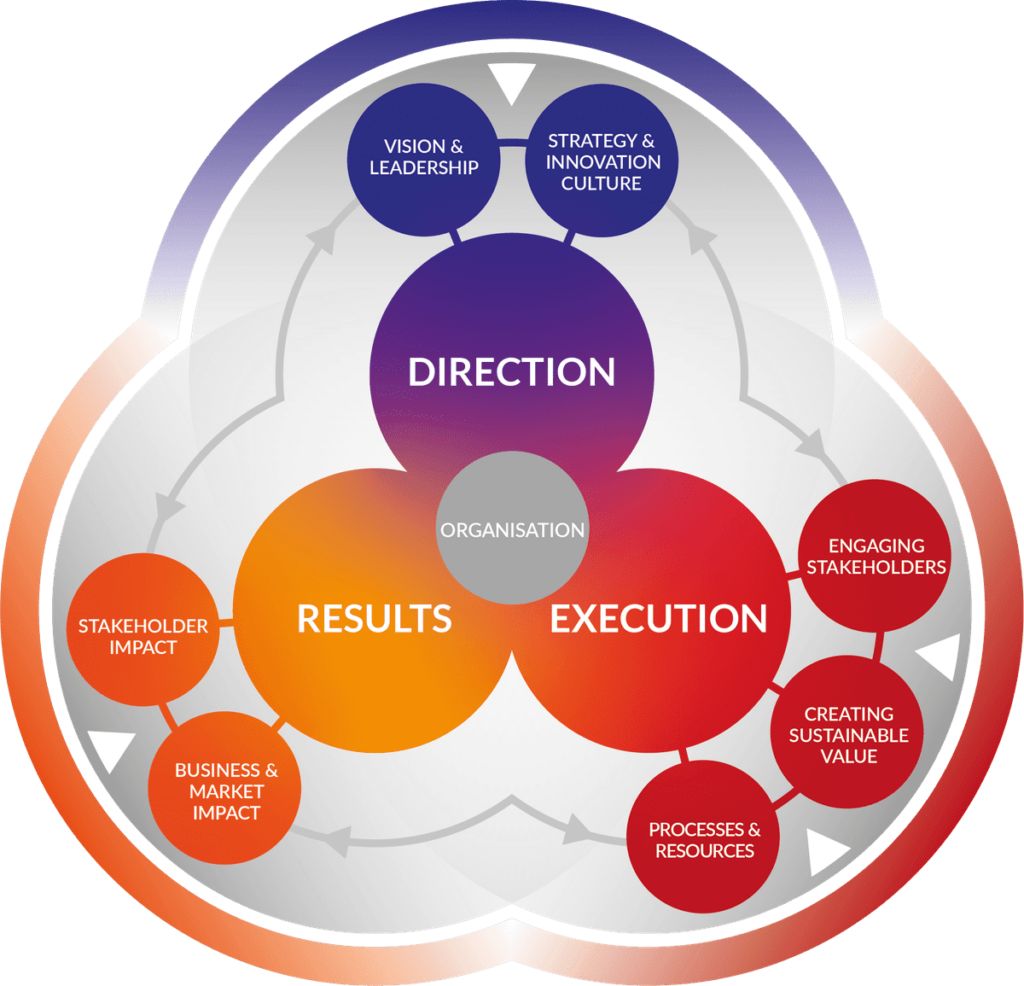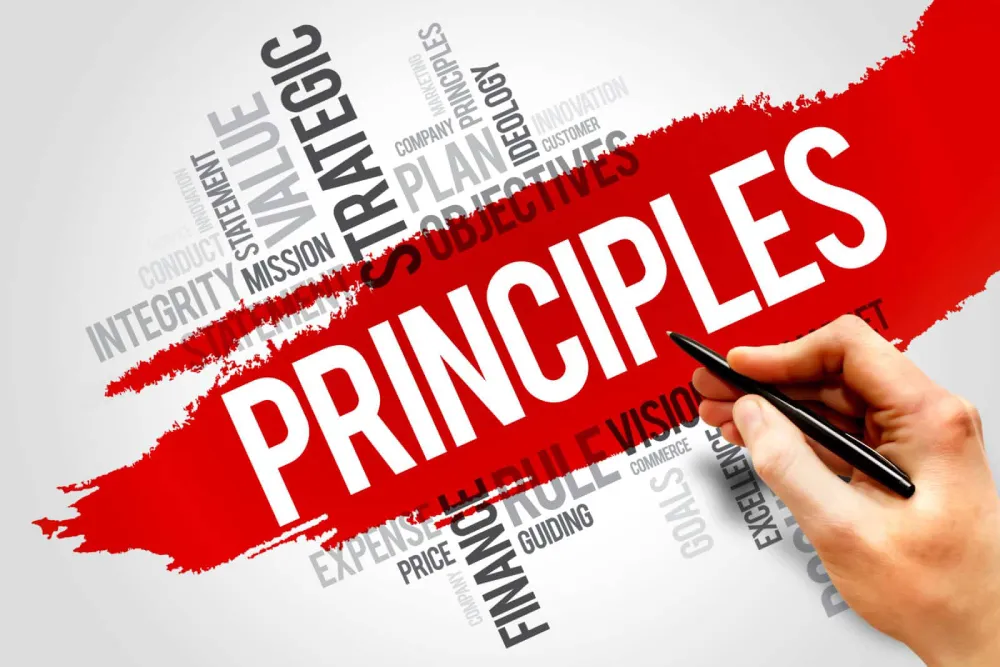How the EFQM Model Helps Improve a Hotel’s Quality Management
The quality of services is the primary criterion for the visitors to choose a hotel and form an impression of the overall tourism destination. In the age of global competition, when there are many products, services, and tourism destinations, a correct understanding of quality has become an opportunity to win the fierce competition. This has led to adopting new concepts and approaches to increase the quality of hotel services through quality management. Studying the needs of consumers is critical for providing quality services and thus becoming more competitive through adopting a quality-focused strategy.
The provision of good quality hotel services requires the latter’s ability to continuously control its operations and solve any problems that may arise. In the hotel industry, maintaining and improving services quality is a difficult task to accomplish, so the continuous development of quality must involve all types of resources, from highly trained staff to modern technologies and procedures for providing services.
Given that the customer needs and wants are constantly changing, the hotel industry’s strategies must keep pace with the changes in quality management as well. In this sense, commitment to providing quality services is necessary for continuous improvement and customer satisfaction. Thus, the quality of services is critical for organizational success.
In the modern world, the need to improve the quality of services in the hotel industry has become even more critical. In a very tough competition, hotels are trying to attract more customers through a competitive advantage of quality management, which has become an essential part of the management of hotels that want to succeed. The possibility of implementing programs to improve hotel services to meet the requirements and needs of demanding customers has become a necessity. This is where quality models like EFQM have become very useful.
What does the quality of service mean in the hotel industry?
The quality of services is a requirement for the entire lifespan of any hotel and is the core of service management. The quality of services is about customer satisfaction and creating a positive image of the hotel in the customers’ minds.
Diverse and complex strategies must be used to improve hotel services, attract customers, and meet their requirements. Thus, the quality of hotel services must include a 360-view of customer satisfaction, that may require the following characteristics:
(1) an exquisite service culture inside the organization;
(2) service-oriented qualities of the staff;
(3) standardization of procedures that do not allow a human factor to impede the quality;
(4) professional staff with expertise and attitudes aimed at customer satisfaction;
(5) ability to effectively and promptly resolve customer complaints;
Evaluation of customer satisfaction must be a continuous process that results in the permanent revision of quality standards inside the organization.
Special attention must be paid to the human resources, which requires a sustained effort of all stakeholders – the educational system, business environment, managers, and entrepreneurs to develop a strategy for training and development of a cadre of hospitality employees, based on motivation, employee satisfaction, and individual behavior towards higher performance. The EFQM model allows to have a comprehensive look at all stakeholder needs and improve the company’s operations based on their needs.
In some countries, the hotel industry has developed a complex national standards system, requiring the hotel services to meet specific set criteria. In some other cases, however, the hotel management sets a strategy to improve the quality of the services by using quality models, such as the EFQM. In the latter case, the hotel itself specifies the directions in which it wants to excel and the methodology by which it carries out its activities.

The role of the EFQM model in hotel quality management
The EFQM model is a tool for conducting a complete, systematic, and ongoing examination of an organization’s activities and results by comparing it with a tool called the self-assessment matrix. The EFQM model is based on the principle of customer satisfaction, staff satisfaction, and integration into the community’s life. These three principles are obtained through leadership, policy and strategy, personnel management, and resource management. Making these principles work ultimately leads to excellent operational results. A general evaluation of a hotel with the help of the EFQM model can start with developing a strategy to improve the hotel’s quality management system.
What results can be expected by using the EFQM model?
- LEADERSHIP: Development of mission, vision, values, and ethics for the hotel; Promoting specific strategic activities to improve customer relations. This ensures that the hotel management system is developed, implemented, and continuously improved.
- POLICIES AND STRATEGIES: Creating policies and strategies based on information obtained by measuring performance, research, learning, and related external activities. This provides for continuous improvement of the approaches and tactics to acquire new markets and get new customers;
- PERSONNEL: Developing the company’s strategy through the active involvement of employees; organizing training to improve qualifications.
- RESOURCES Improving conditions and facilities; modernization of the offered conditions, implementing new technologies.
- PROCESSES Use appropriate methods to implement change and innovation;
- Developing a strategic plan based on innovation.
- CUSTOMER-RELATED RESULTS
- Improving the conditions and facilities; introducing measures to improve customer experiences; use of questionnaires to measure customer satisfaction with the quality of services provided;
- EMPLOYEE-RELATED RESULTS
- Regularly requesting feedback from employees; paying more attention to the requests from employees.
The EFQM model is, thus, applied to examine the current situation in the hotel and identify the framework under which it will be possible to implement an improvement strategy.
As quality is a principal objective for any accommodation business, therefore, implementing strategies for improving quality management is essential for any hotel. The correlation between the elements of the EFQM model and the hotel operations are the ones that make the whole quality management system of a hotel work to achieve better results, viable success, and flexibility. By applying the EFQM model, a hotel, regardless of its size, will be able to maintain a long-term sustainable position in the marketplace.













